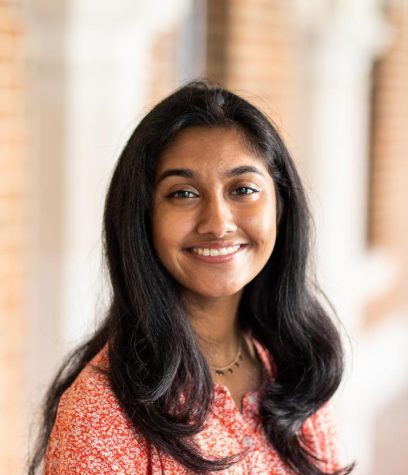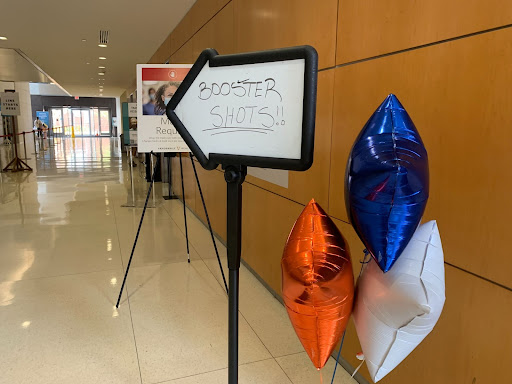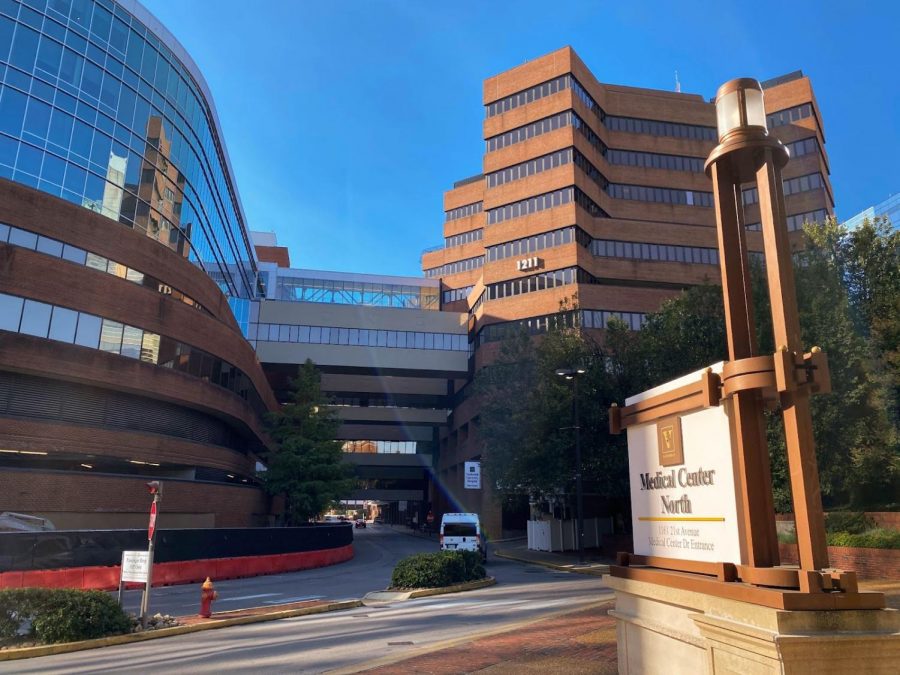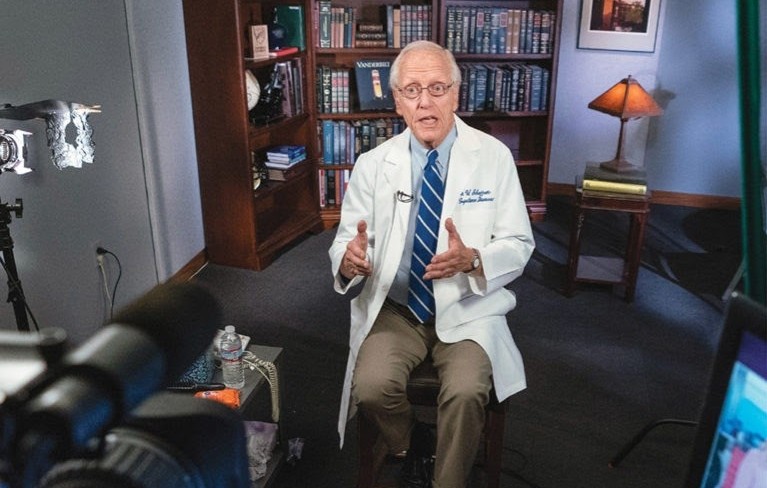Amidst simultaneous optimism and apprehension about the future of the COVID-19 pandemic, VUMC professor and Centers for Disease Control (CDC) advisory committee on immunization practices member Dr. William Schaffner discusses this uncertainty and the recent approval of a fourth vaccine booster this summer for people aged 50 and older.
On March 29, the FDA approved a second booster dose of either Pfizer-BioNtech or Moderna COVID-19 vaccines for people aged fifty or over and certain immunocompromised individuals. The FDA stated that the recommendation arose due to decreased protection of these higher-risk individuals with the current dose of vaccines.
“Current evidence suggests some waning of protection over time against serious outcomes from COVID-19 in older and immunocompromised individuals,” Dr. Peter Marks, director of the FDA’s Center for Biologics Evaluation and Research, said in the press release. Marks further stated the importance of an initial booster dose in protecting all adults from the potentially severe symptoms of COVID-19.
In discussing this development and future policy for COVID-19, Schaffner emphasized the preventive role of vaccinations. When asked about his views on Vanderbilt’s COVID-19 policy, he stated his support for mandating booster shots in addition to the two doses currently required.
However, he acknowledged that this move is easier said than done. When Vanderbilt’s 2022 COVID-19 protocol was released, the absence of a COVID-19 booster mandate was cited in accordance with Tennessee Senate Bill 9014, prohibiting schools in Tennessee from mandating vaccines and requiring proof of vaccination.
“Certainly, it is recommended that the booster provides the best protection. The question is, in a well vaccinated community that’s generally well compliant, is the juice worth the squeeze, administratively?” Schaffner said. “I’m a public health person, so I will always focus on the maximum prevention of disease.”
Schaffner attributes the increasing vaccination rates to the recent decrease in cases. Schaffner has conducted extensive research on COVID-19, consisting of gathering surveillance data at VUMC on the number of cases requiring hospitalization per 100,000 people. There are 14 such surveillance locations sponsored by the CDC, each bringing in data to form a metric in determining the frequency of COVID-19 hospitalizations in the country.
“It’s really quite clear that over the past three months or so, there has been across the United States, locally as well, a diminution in the number of cases,” Schaffner said regarding the latest data. “This has been steady. It’s been sustained. It’s still not as low as many of us would like. But nonetheless, these trends have been clear.”
Based on this data, Schaffner said the university’s mask-optional policy follows the logic of public health protocol.
“I think it is reasonable to move to a mask optional sense of public policy within the institution and indeed in the larger community,” Schaffner said. “But we should not only tolerate but support those among us who wish to continue to wear masks because of reasons of personal health or maybe a roommate or a family member who is at increased risk.”
Schaffner further discussed the potential impact of COVID-19 restrictions on the social dynamics of community members’ lives, particularly the normalization of mask wearing and social distancing.
“Do I think that we as a society will embrace mask wearing as many societies do in the Eastern part of the world? No, but many people will on their own, now that masking and other interventions have been introduced,” Schaffner said. “I think routine public health messaging, which never talked about wearing masks in the past, may now include that as an option.”














Tom • Sep 30, 2023 at 10:07 am CDT
Dr. Paul Offit on Why He Is Not Getting This Year’s COVID Booster, Says Myocarditis Could Last Longer Than Previously Thought
“I think I’m protected. I didn’t get last year’s bivalent vaccine. I’m not getting this year’s vaccine because I think I have high frequencies of T-cells…We’re going to find out about this vaccine over time. It is a novel strategy. We certainly were surprised by myocarditis and pericarditis and we’ll see whether or not over time when we’re 5 years into this, 10 years into this, 15 years into this, whether there’s any evidence of residual myocardial disease because the reason you have myocarditis is you’re making immune response to your own heart muscle…We’ll find out about that over time.”